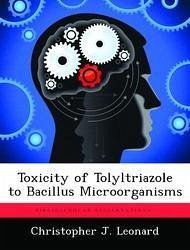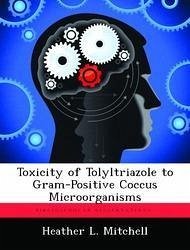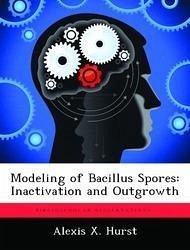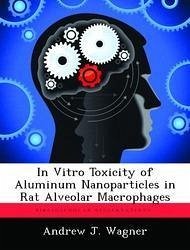Nicht lieferbar

Toxicity of Tolyltriazole to Bacillus Microorganisms
Versandkostenfrei!
Nicht lieferbar
The safety of both civilian and military aircraft in cold weather depends upon the use of aircraft deicing fluids (ADAF). The environmental and toxic effects of glycols, the primary component in ADAF, have been extensively studied. The environmental and toxic effects of minor ADAF constituents, such as the corrosion inhibitor tolyltriazole, are not well understood. Tolyltriazole is currently considered a potential human carcinogen and has exhibited microbial toxicity in Microtox tests. This research investigated the toxicity of tolyltriazole on bacillus-shaped microorganisms. Single microbial ...
The safety of both civilian and military aircraft in cold weather depends upon the use of aircraft deicing fluids (ADAF). The environmental and toxic effects of glycols, the primary component in ADAF, have been extensively studied. The environmental and toxic effects of minor ADAF constituents, such as the corrosion inhibitor tolyltriazole, are not well understood. Tolyltriazole is currently considered a potential human carcinogen and has exhibited microbial toxicity in Microtox tests. This research investigated the toxicity of tolyltriazole on bacillus-shaped microorganisms. Single microbial species and a consortium containing several species were isolated from a soil sample. Toxicity of tolyltriazole to these organisms was measured by two methods. The first method grew the organisms in a liquid medium using propylene glycol and yeast extract as carbon sources. The experiment compared the dissolved oxygen uptake of microcosms exposed to varying concentrations of tolyltriazole to control microcosms. The three species of isolated organisms had similar responses to the tolyltriazole.








